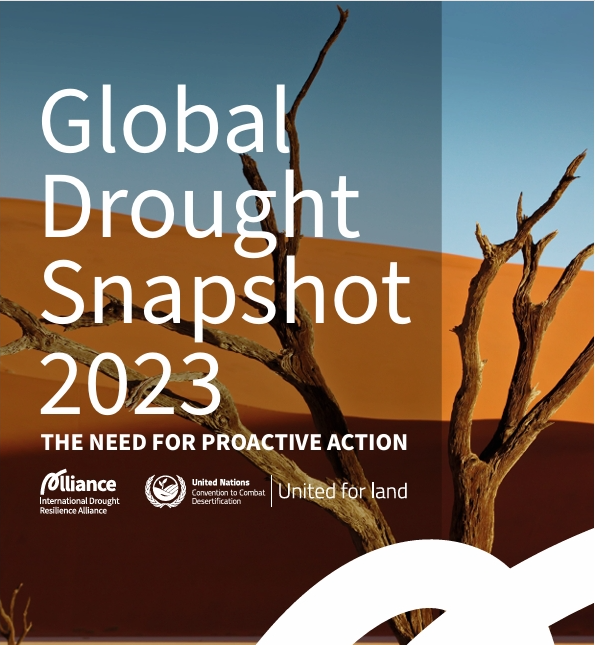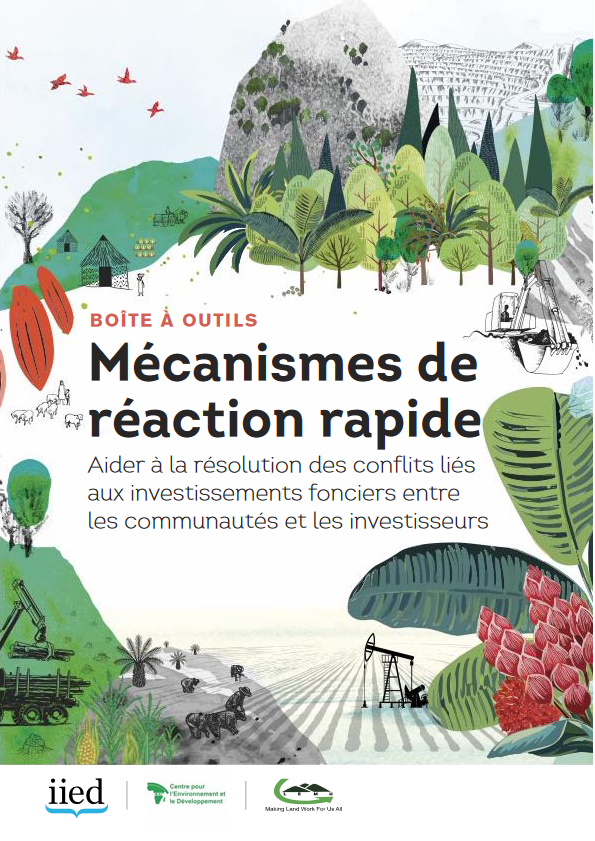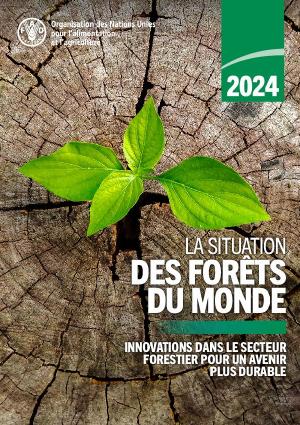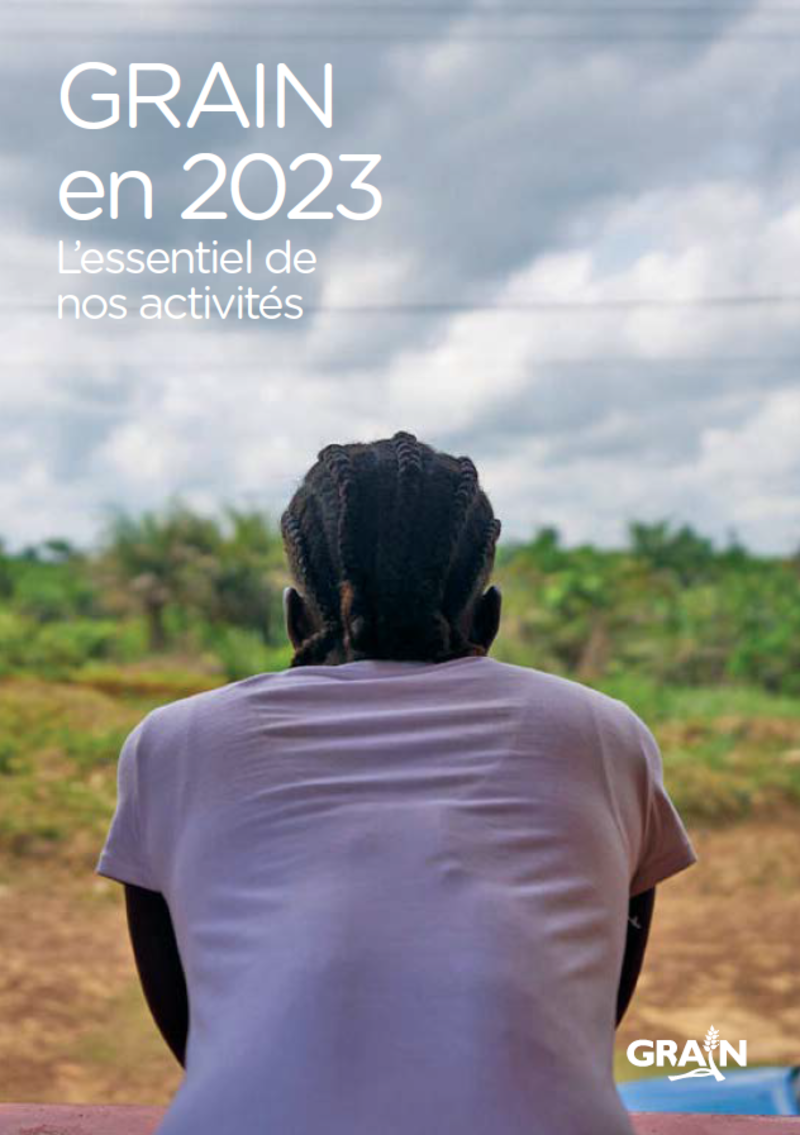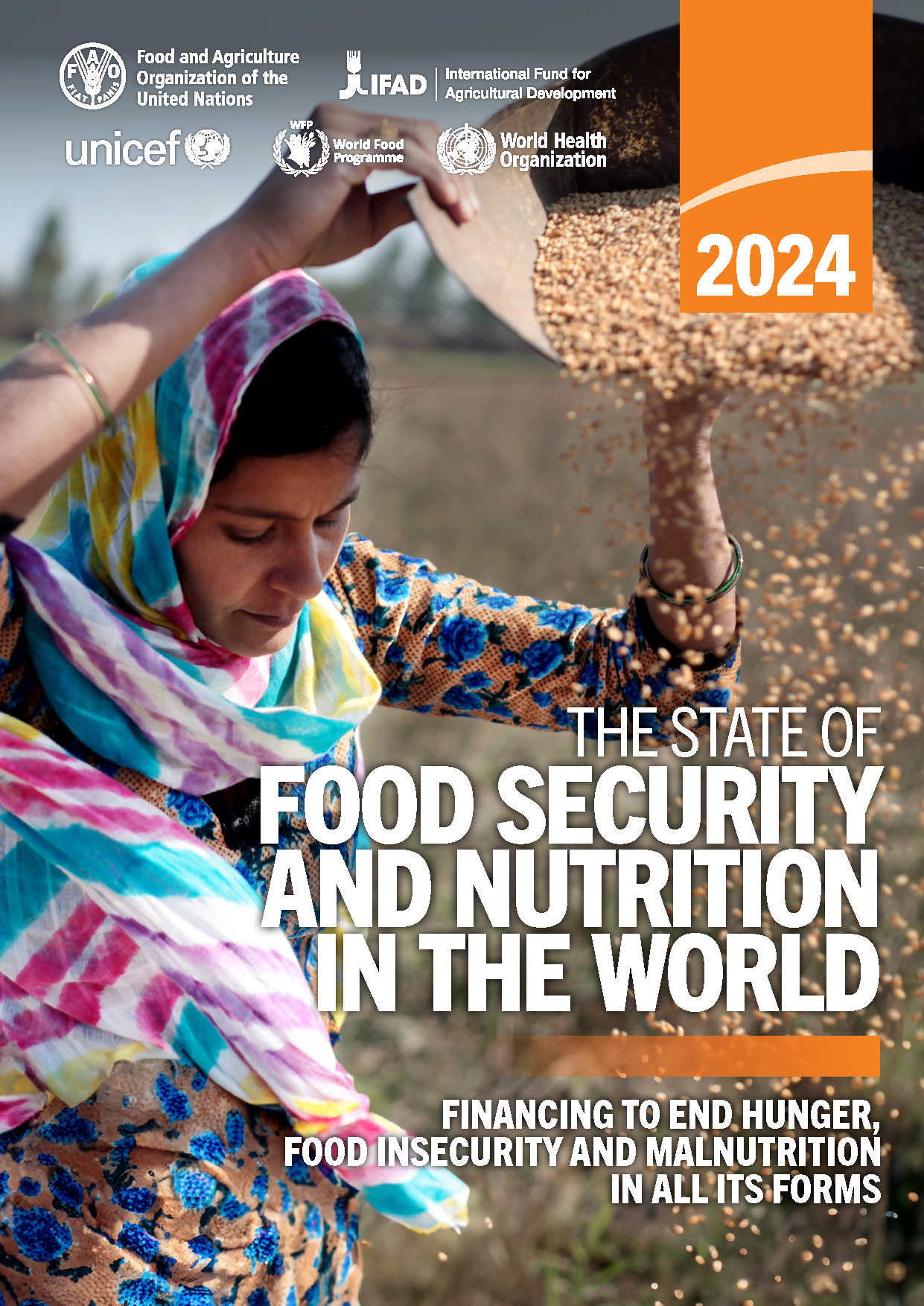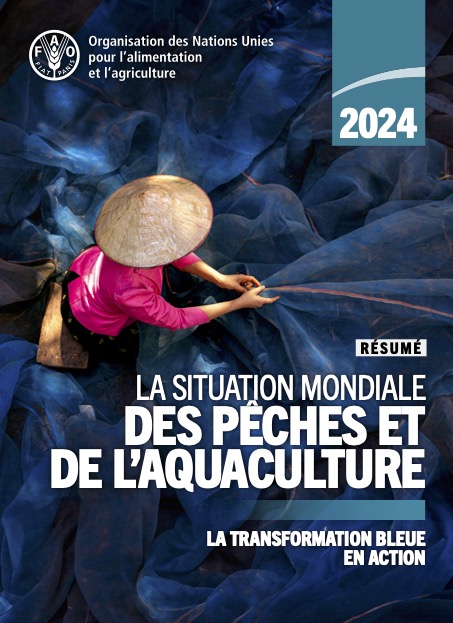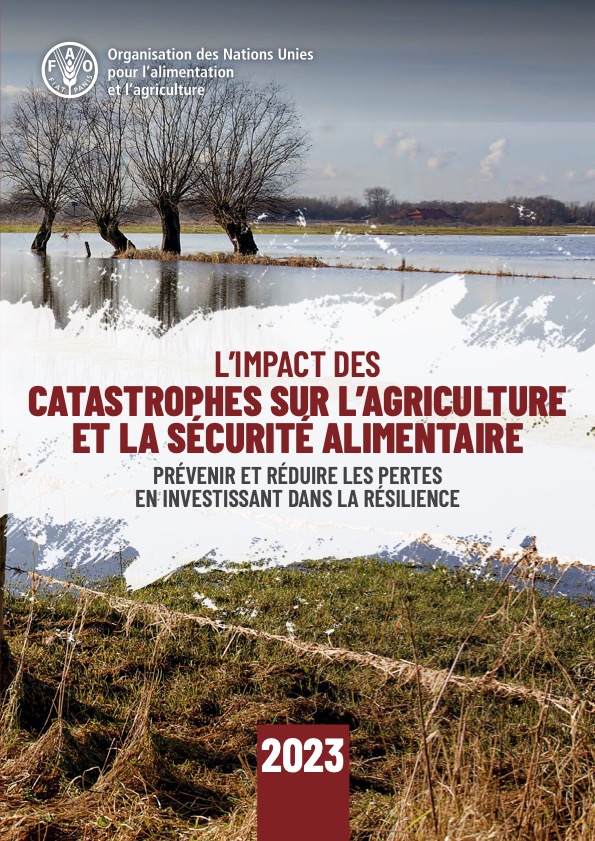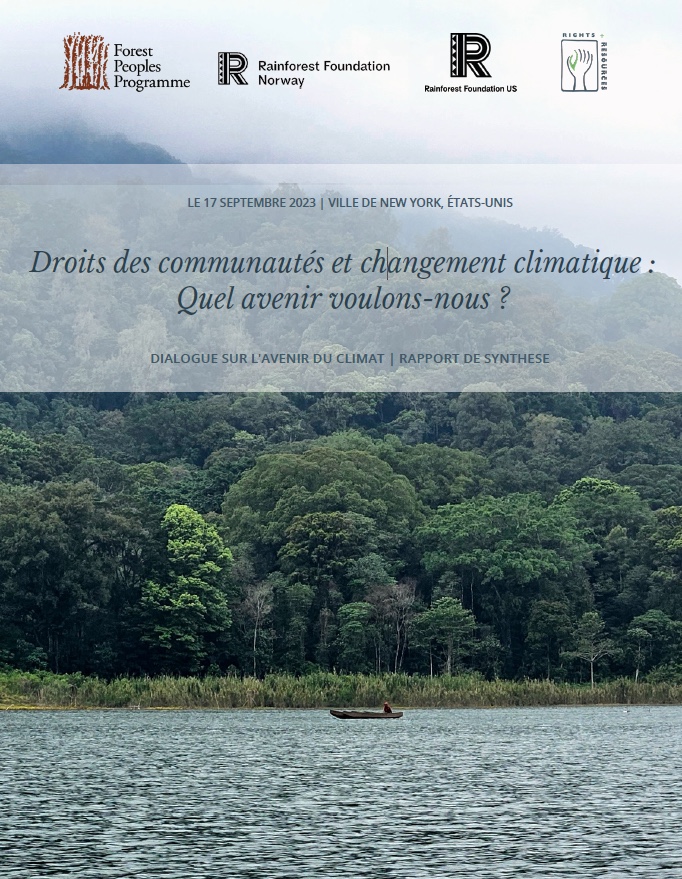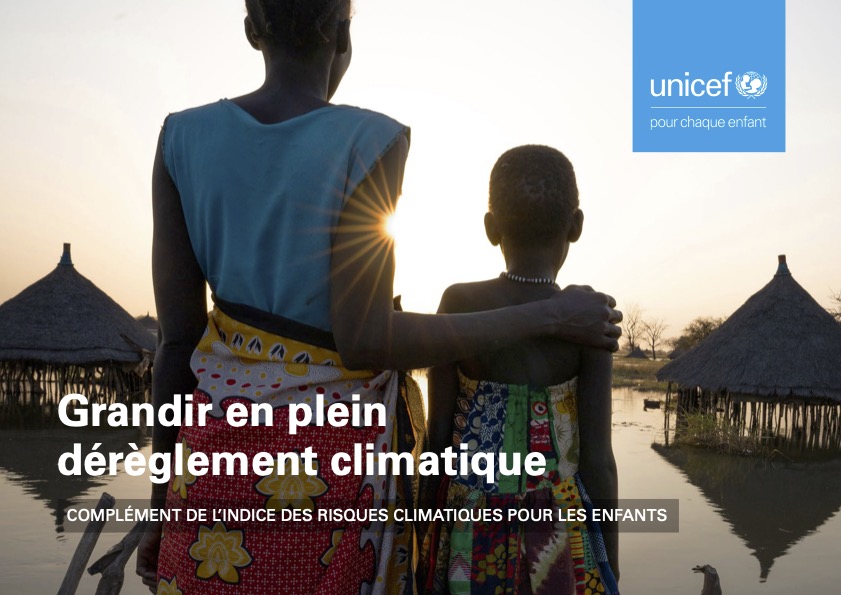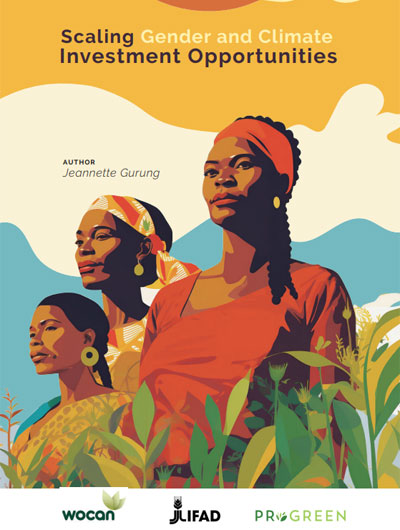Les chiffres présentés dans la nouvelle publication sur la sécheresse en disent long sur l’urgence de s’attaquer à ce problème pressant. Pour lutter contre les effets négatifs de la sécheresse, la résilience mondiale à la sécheresse n’est pas une question de choix mais une nécessité. En donnant…
Souvent, les approches des violations des droits fonciers liées aux investissements sont réactives, plutôt que proactives et préventives : l’assistance juridique est généralement fournie <em>après</em> que les communautés ont été affectées, déplacées ou expulsées – et <em>après…
Synopsis (résumé court)L’innovation est essentielle pour concrétiser le Programme de développement durable à l’horizon 2030 et les objectifs de développement durable. Elle est également un accélérateur important de la transition vers des systèmes agroalimentaires plus efficaces, plus inclusifs,…
La concentration du pouvoir des entreprises dans le système alimentaire est restée un défi redoutable en 2023, mais GRAIN, avec ses partenaires et allié·es, a continué à défendre la souveraineté alimentaire comme véritable alternative.
Cela a pris la forme d’une dénonciation de l'…
Chaque année, ce rapport de la FAO, le plus consulté, présente le nombre de personnes sous-alimentées dans le monde et préconise des stratégies pour combattre la faim et la malnutrition. Suite à la publication du rapport mondial, de nombreuses statistiques sont désagrégées en rapport régionaux.…
La production halieutique et aquacole mondiale a atteint un niveau sans précédent, la production d’animaux aquatiques issue de l’aquaculture dépassant pour la première fois celle de la pêche de capture, selon un nouveau rapport de l’Organisation des Nations Unies pour l’alimentation et l’…
Partout dans le monde, les catastrophes engendrent des destructions d’une ampleur inédite. Les bouleversements qui en découlent compromettent le fonctionnement et la viabilité de la production agricole et menacent les moyens d’existence de millions de personnes qui sont tributaires des systèmes…
Partout dans le monde, les catastrophes engendrent des destructions d’une ampleur inédite. Les bouleversements qui en découlent compromettent le fonctionnement et la viabilité de la production agricole et menacent les moyens d’existence de millions de personnes qui sont tributaires des systèmes…
Le 17 septembre 2023, plus de 70 représentants des titulaires de droits et leurs alliés se sont réunis pour un dialogue mondial sur la façon dont le financement climatique peut ou doit soutenir leur vision de l’avenir dans un monde affecté par le changement climatique. Grâce au soutien de…
<h3>Points forts</h3>
Ce rapport s’appuie sur l’Indice de risques climatiques pour les enfants de 2021 et examine la rareté et la vulnérabilité de l’eau ainsi que les mesures critiques que la communauté internationale doit prendre lors de la COP28 pour protéger les enfants…
<h3>Points forts</h3>
Ce rapport s’appuie sur l’Indice de risques climatiques pour les enfants de 2021 et examine la rareté et la vulnérabilité de l’eau ainsi que les mesures critiques que la communauté internationale doit prendre lors de la COP28 pour protéger les enfants…
Les femmes jouent un rôle essentiel dans la lutte contre les changements climatiques. Les auteurs de cette étude montrent qu’investir en faveur des femmes rurales contribue à la réalisation des objectifs climatiques, tout en luttant contre les inégalités femmes-hommes et la pauvreté. Les projets…

